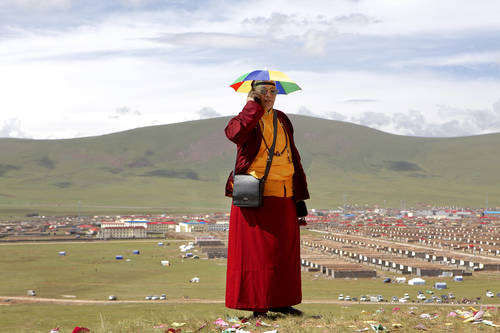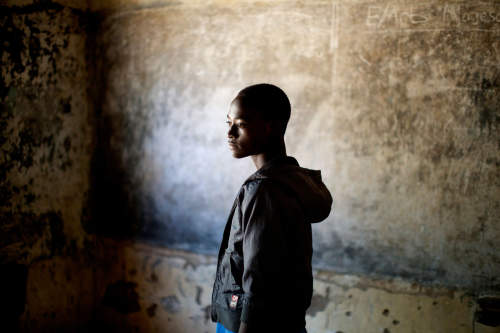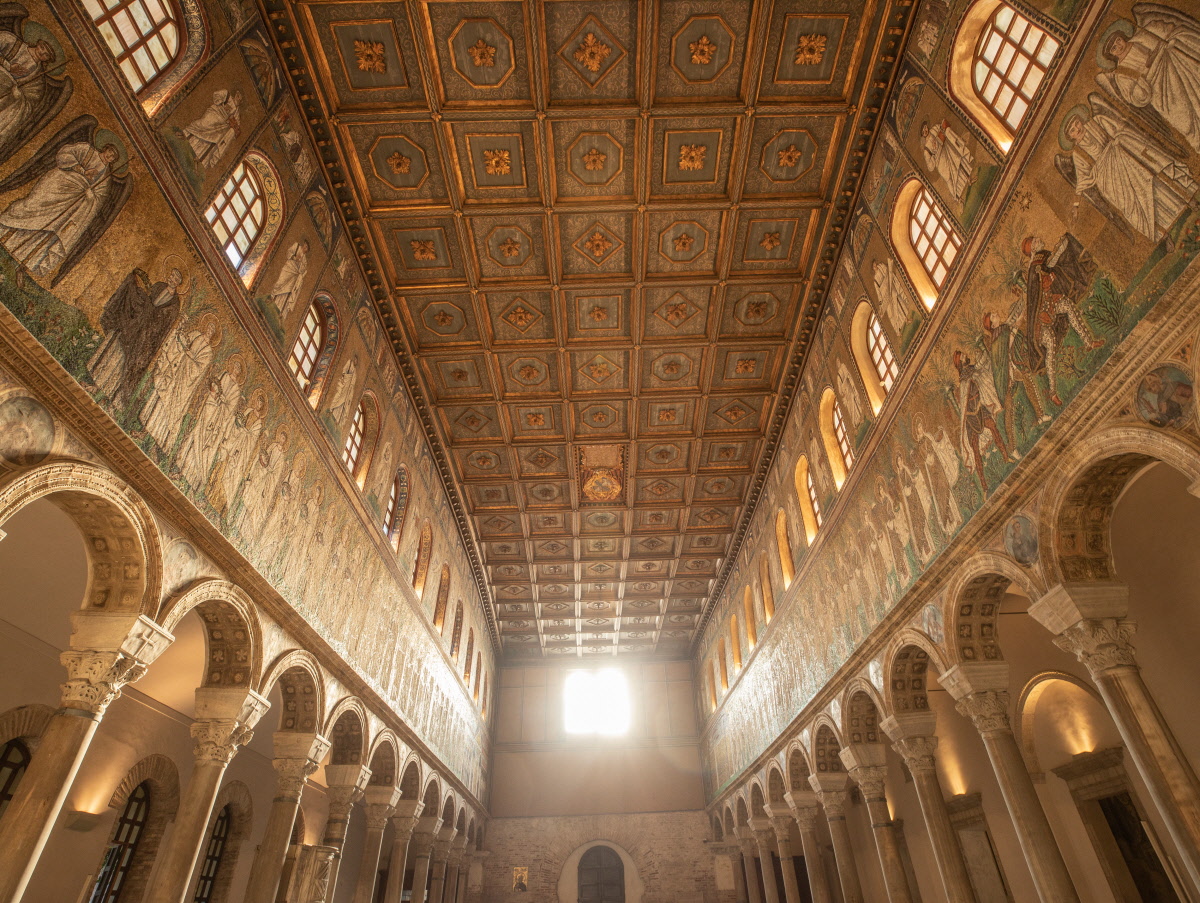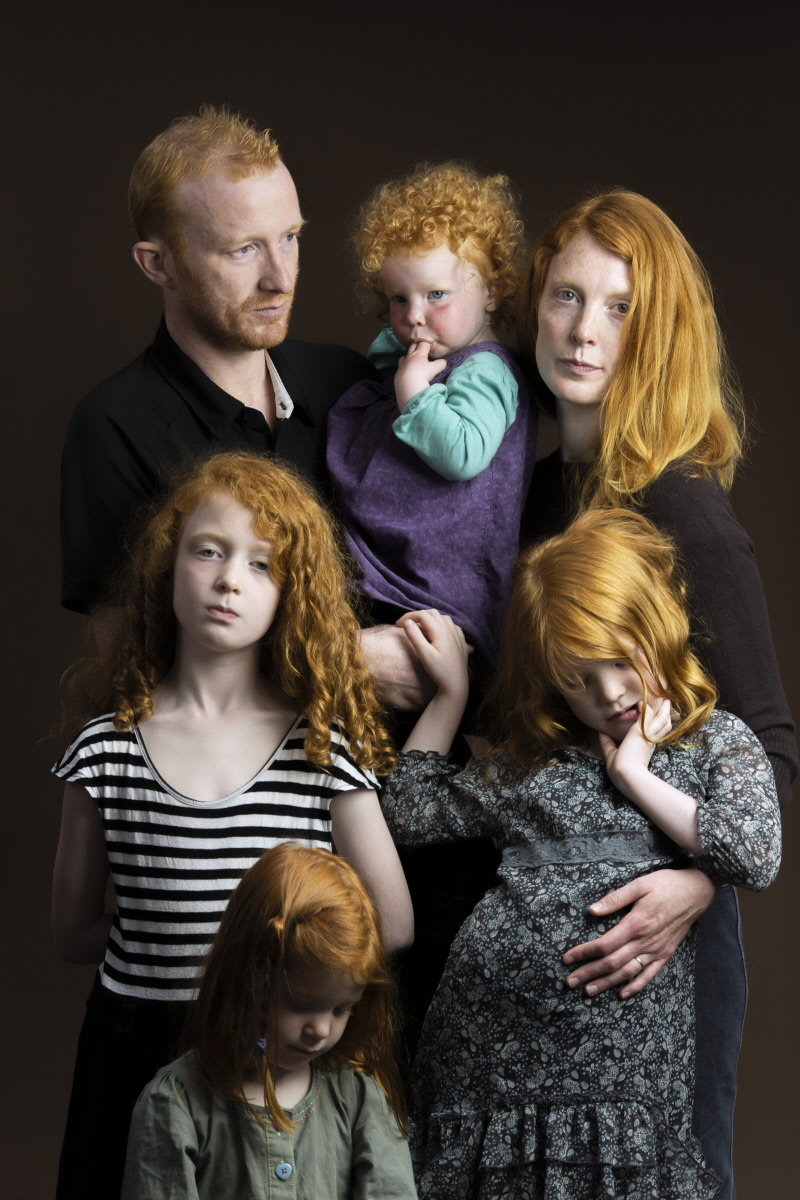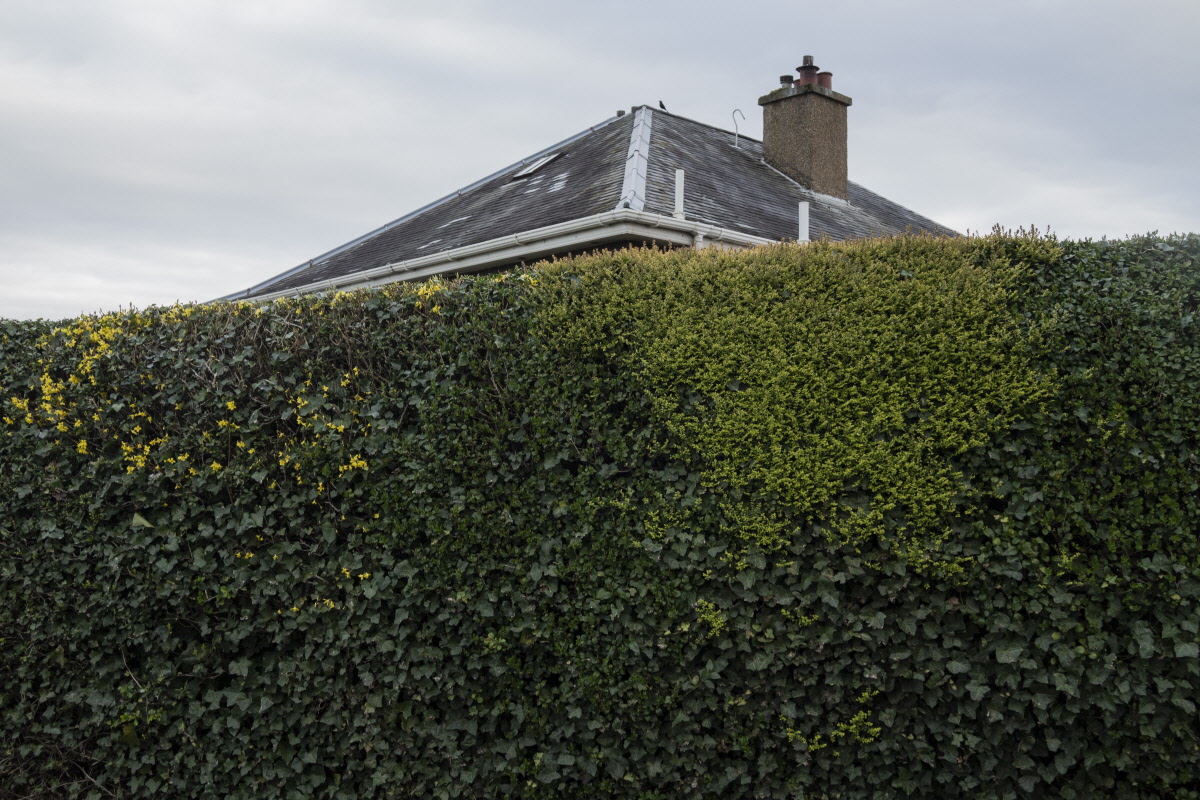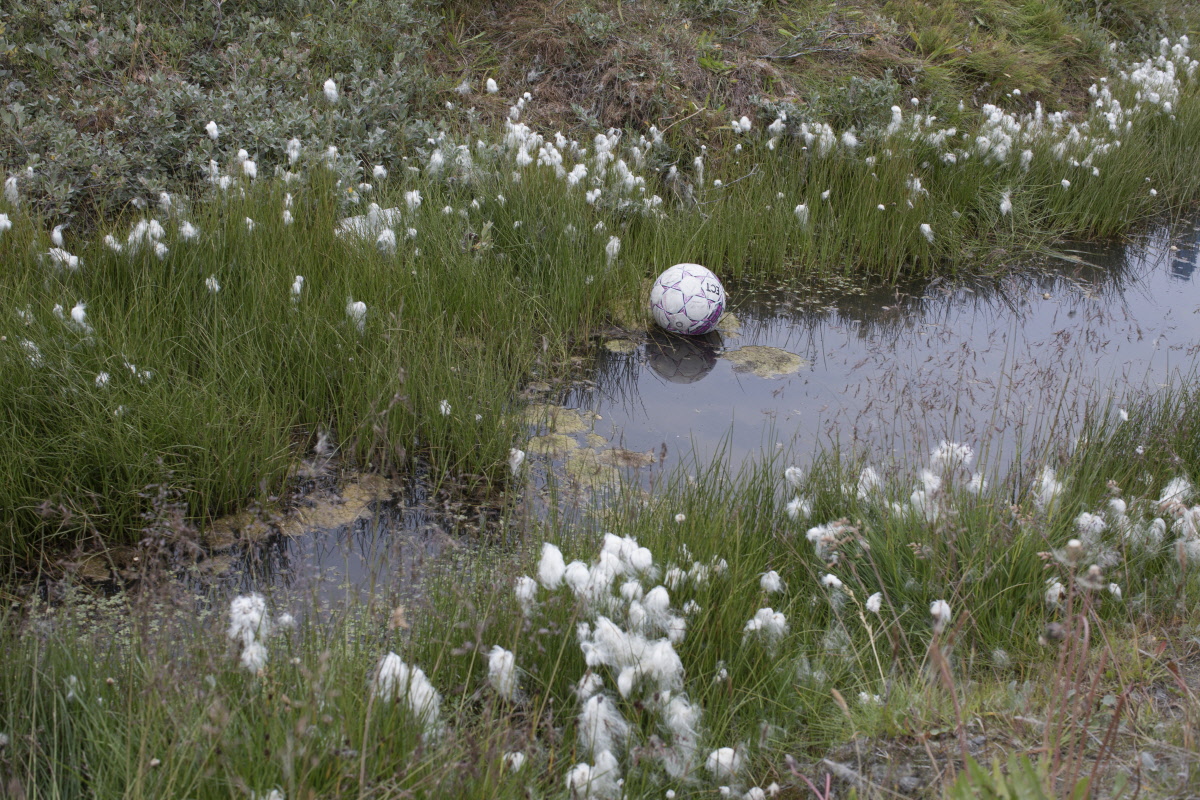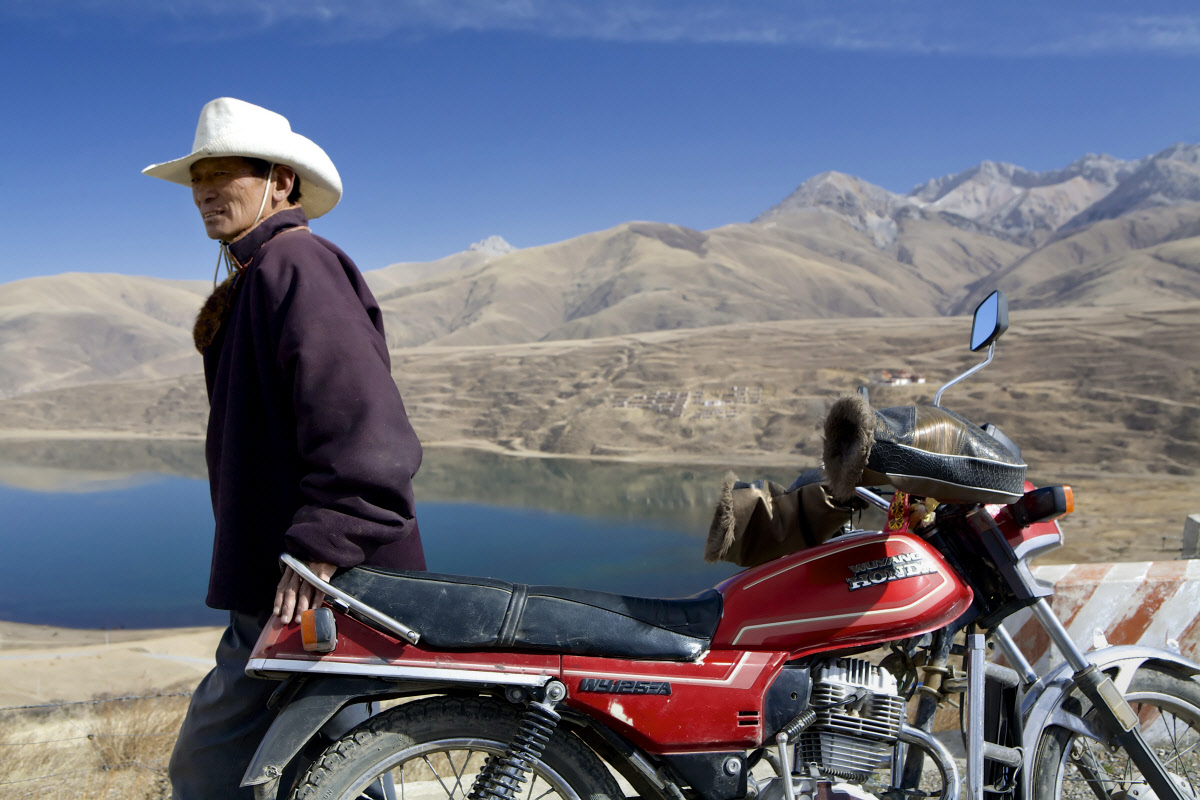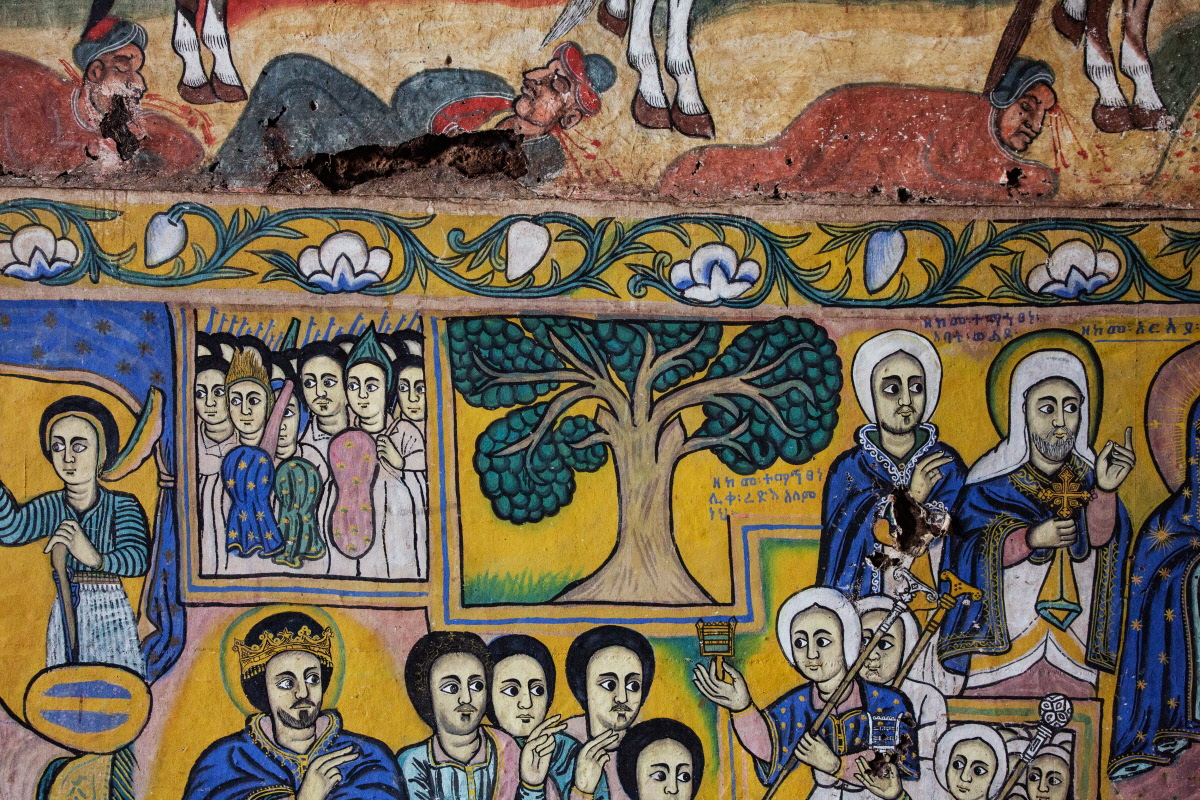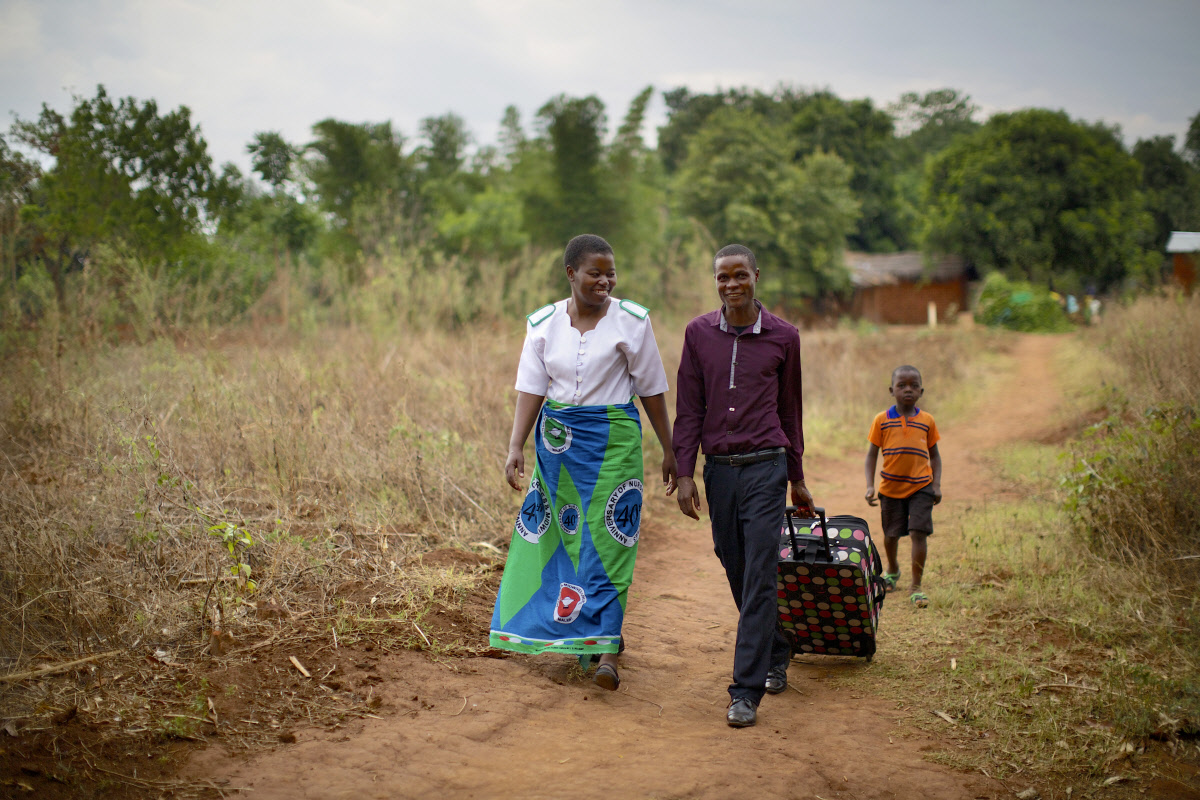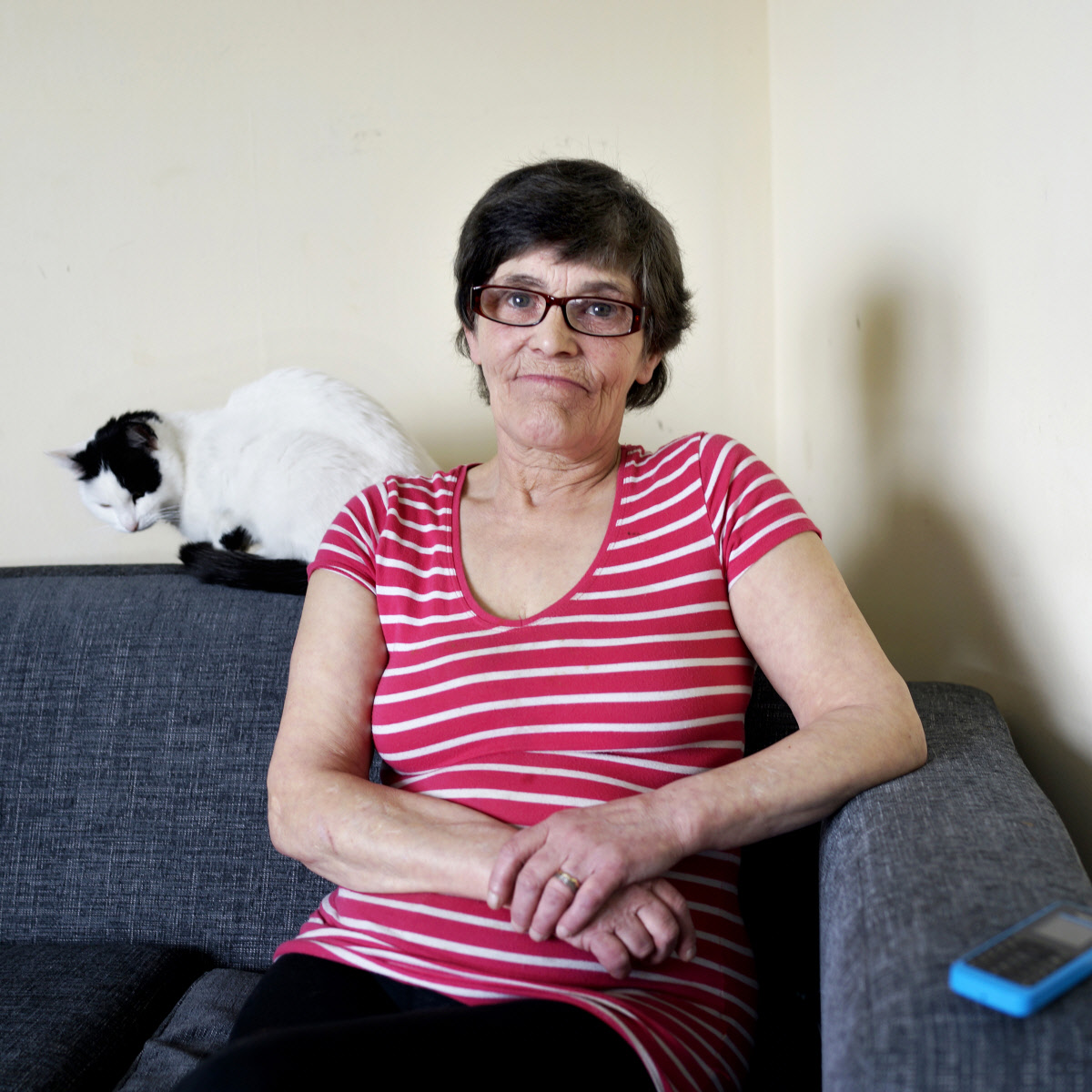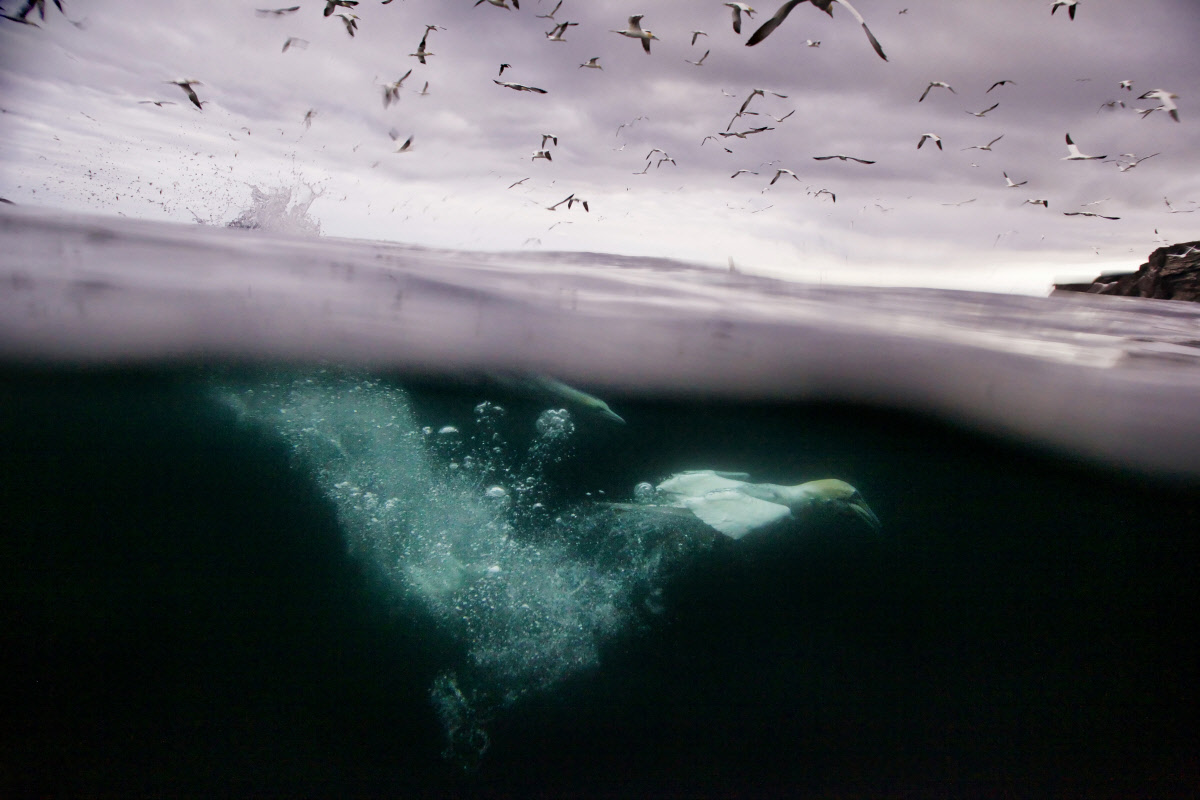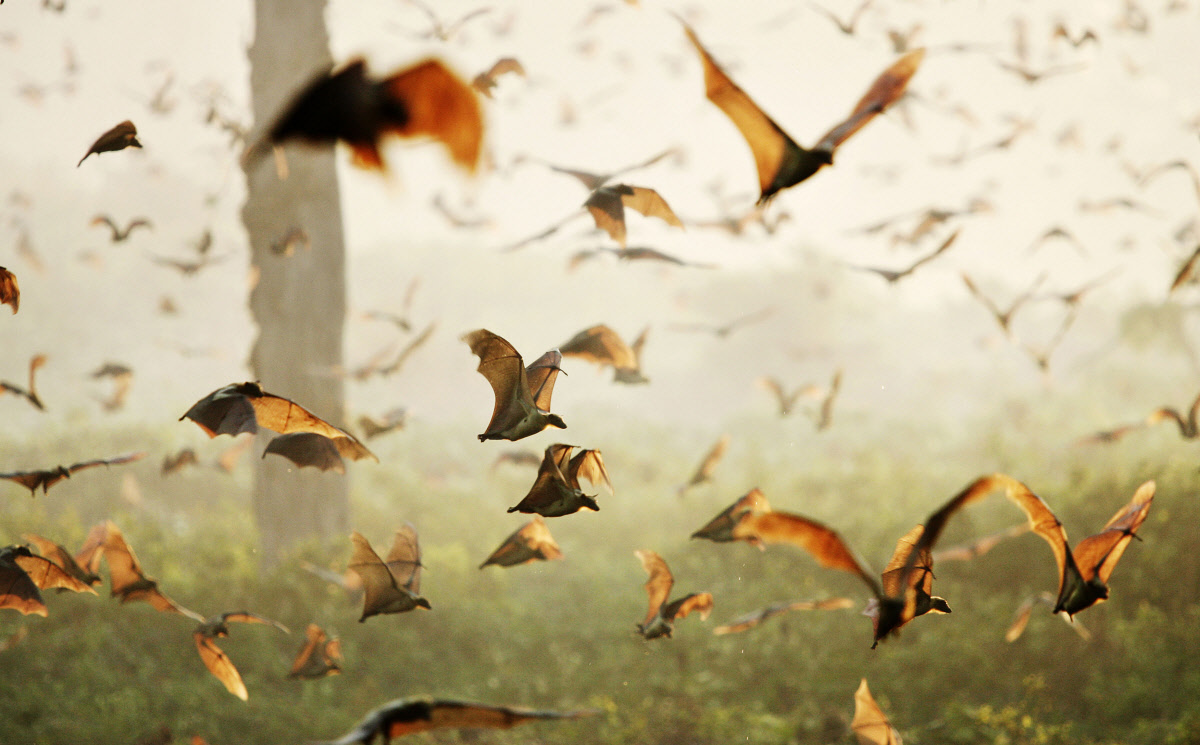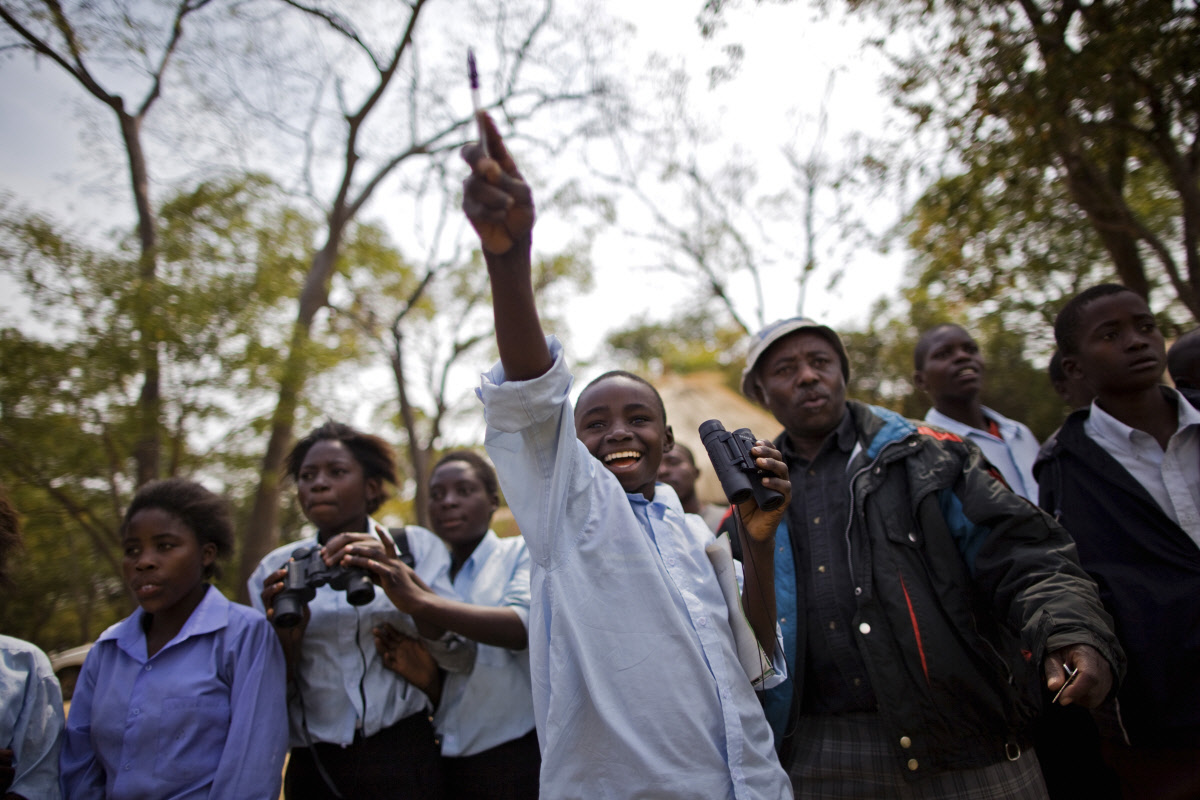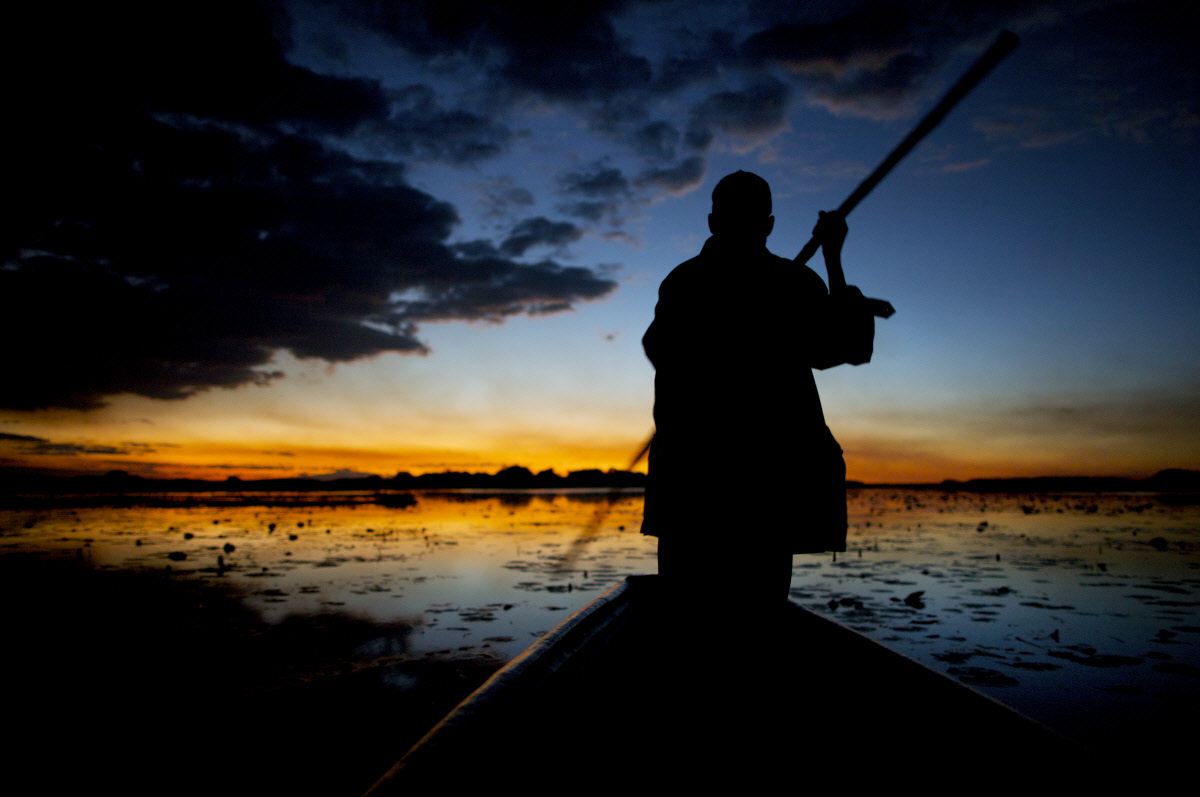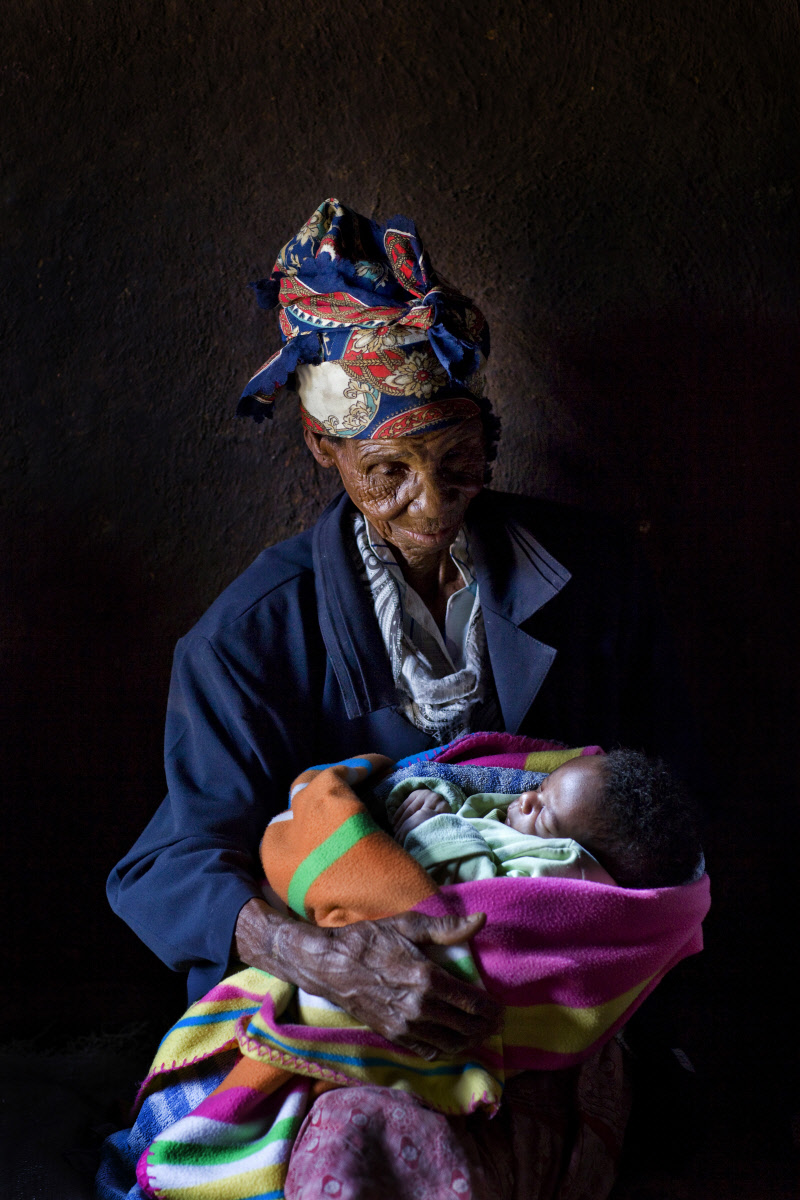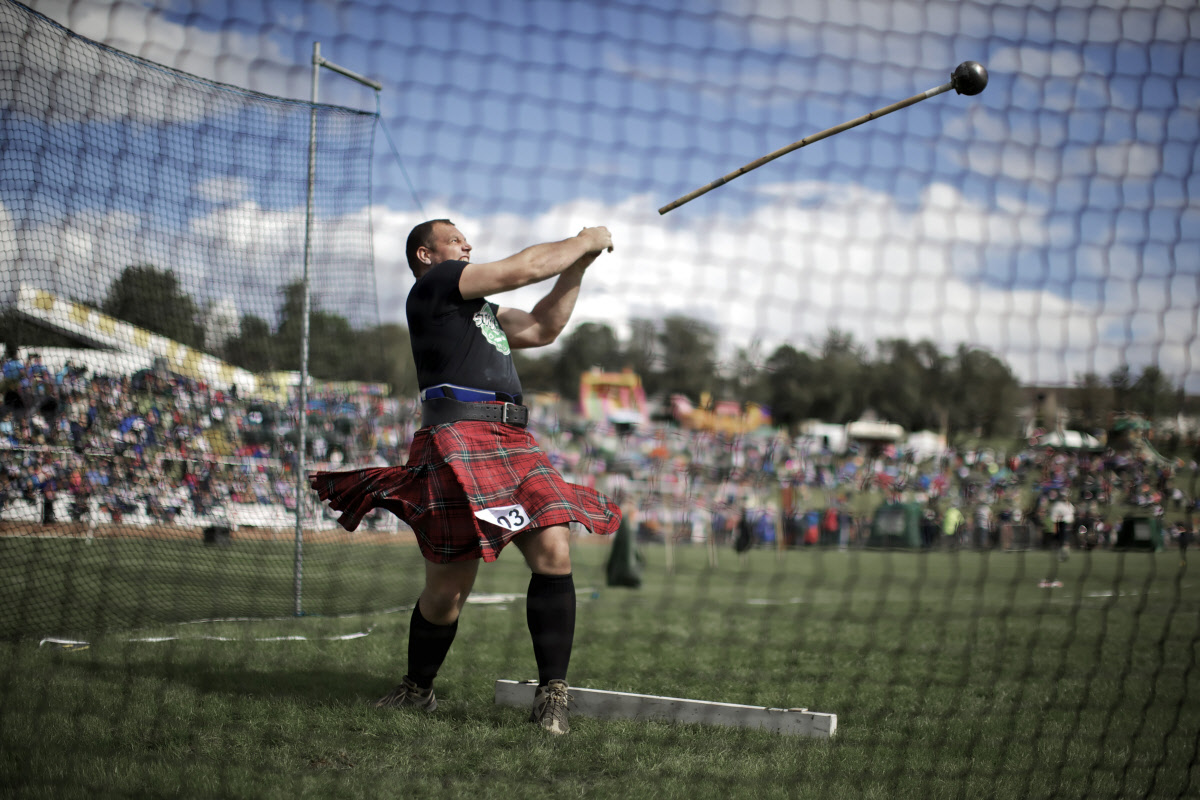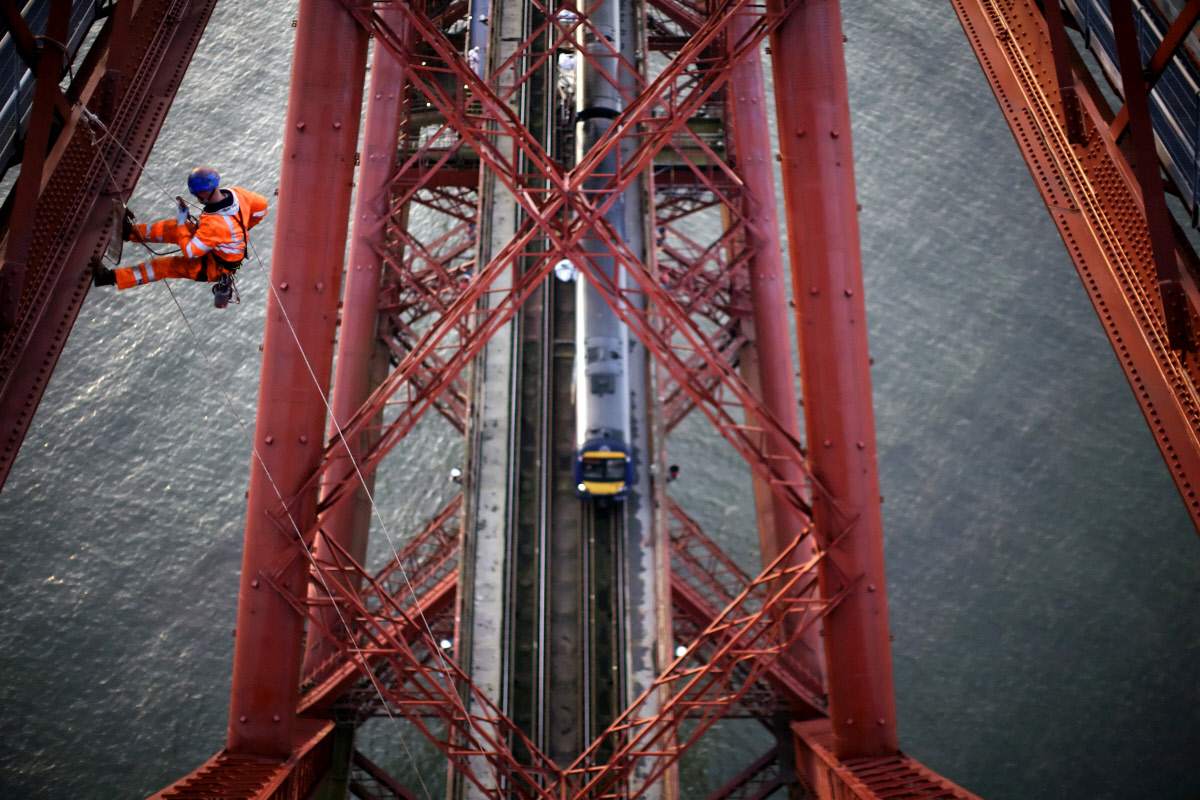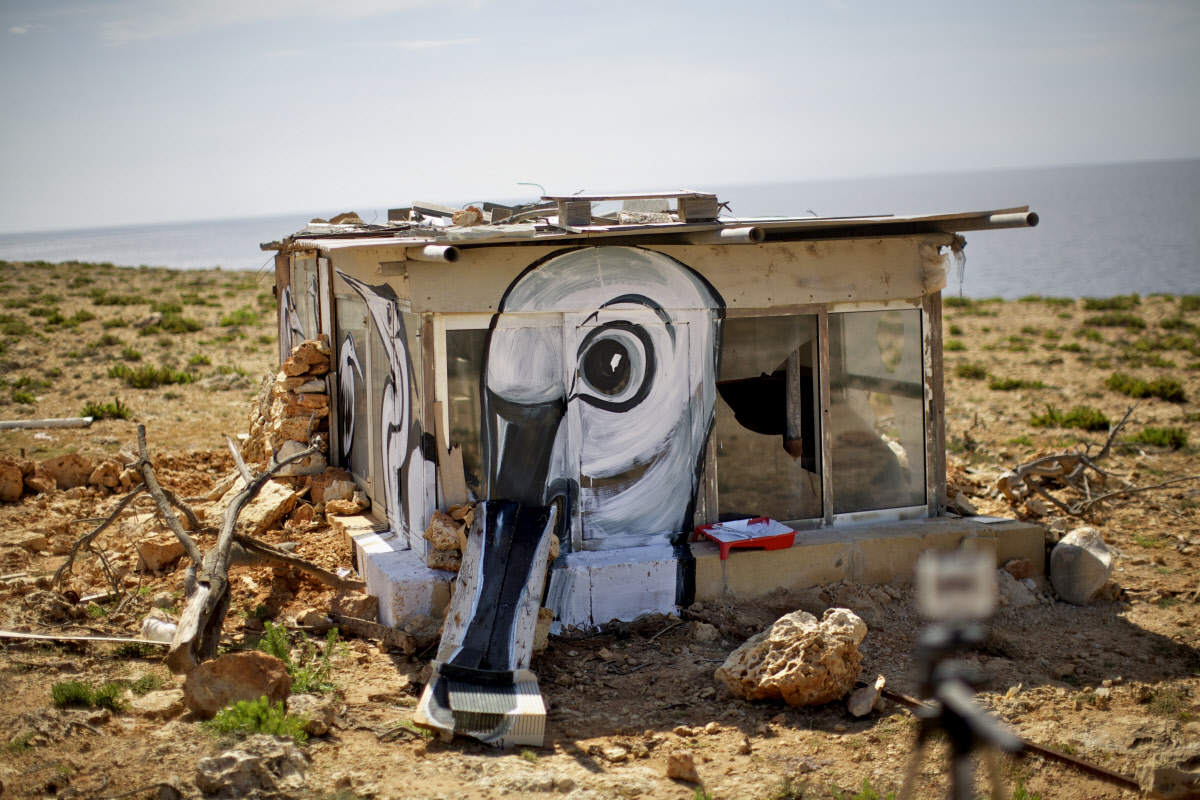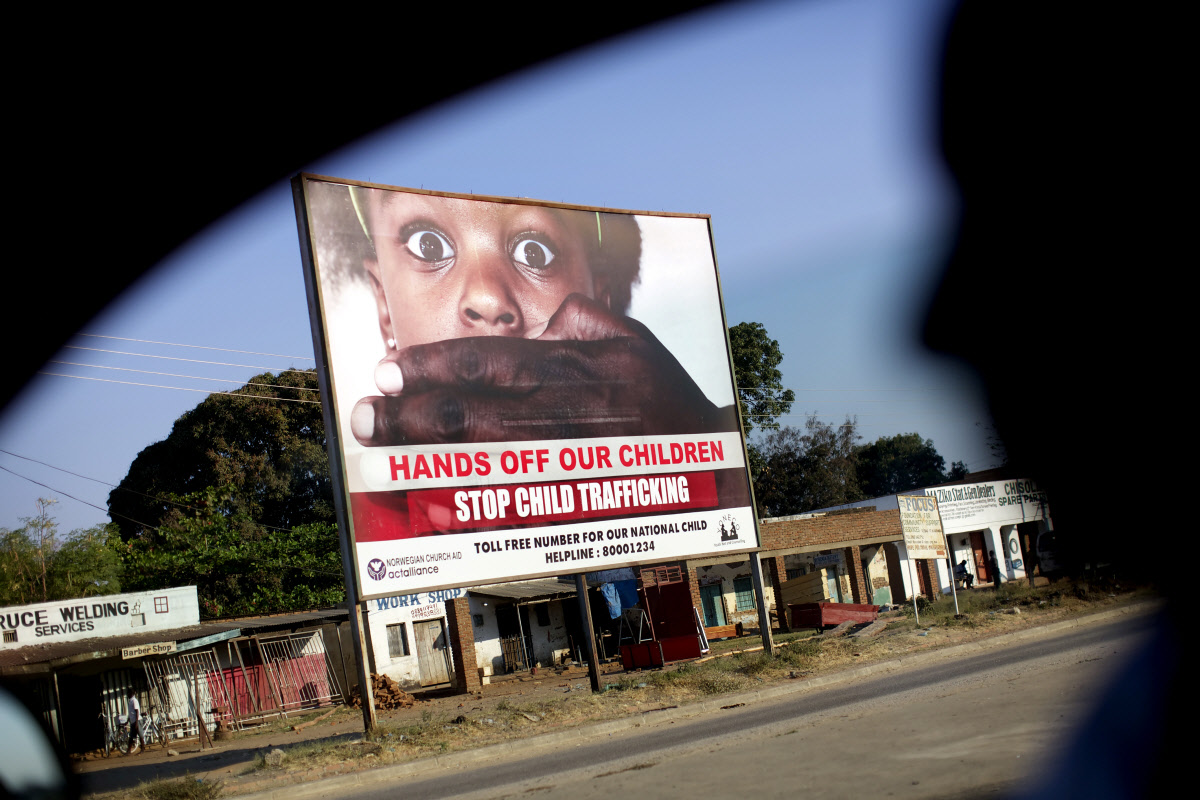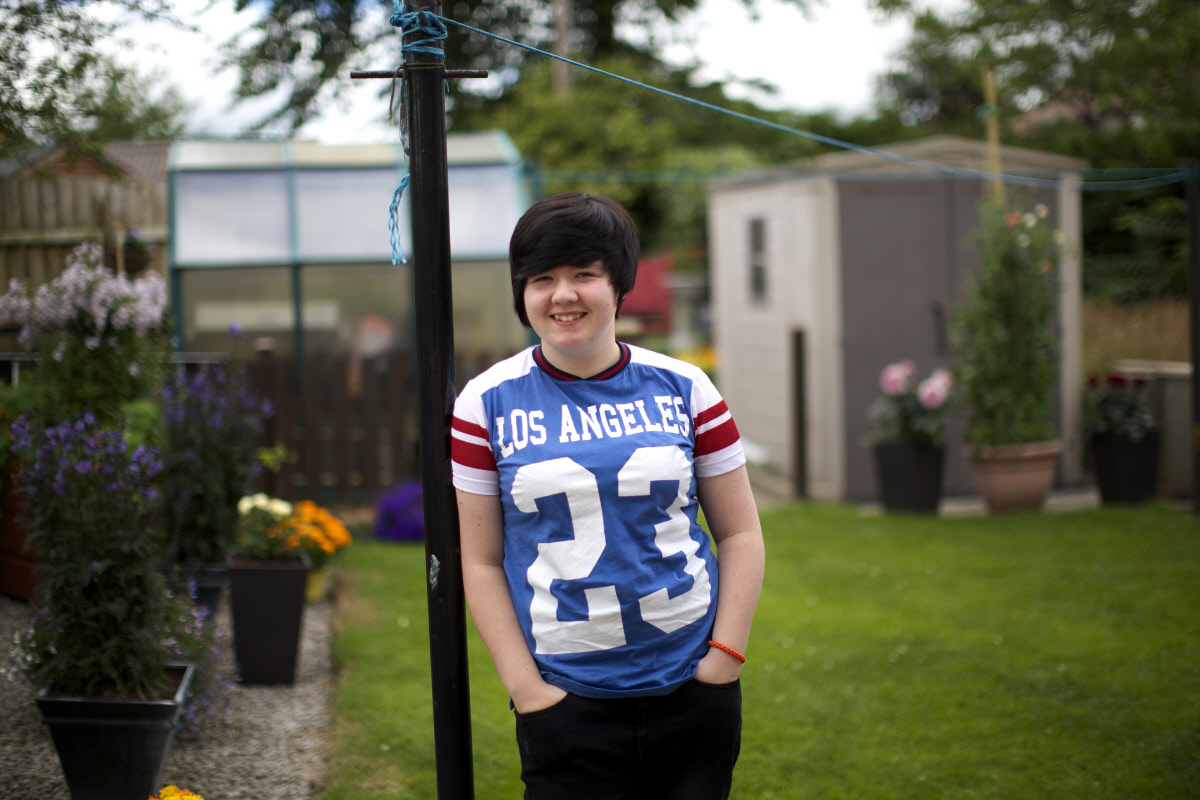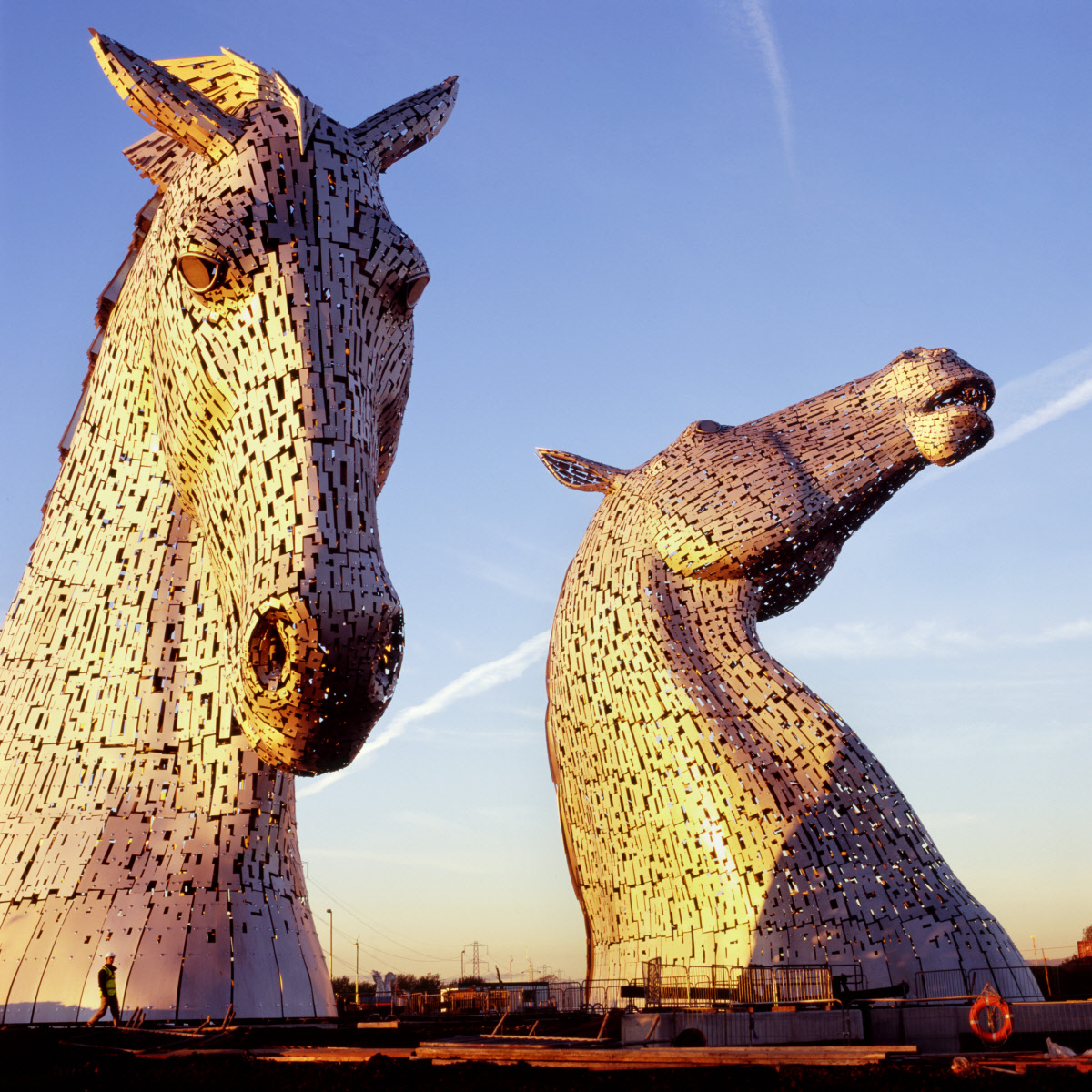Biography
Scottish, 1980
Kieran Dodds is a non-fiction photographer known internationally for his research-driven photo stories and portraiture. His personal work looks at the interplay of environment and culture, and the importance of spiritual belief in global conservation.
After studying Zoology at university he trained at the prestigious Herald newspaper group in Glasgow, picking up national and international awards. His first self-assigned story - 'The Bats of Kasanka' - received 1st prize in the World Press Photo awards. A Winston Churchill Travel Fellowship then allowed him to document Tibetan culture in flux in 'The Third Pole', as pastoral nomads are resettled in highland China. On his return home he focused on political upheaval in 'Land of Scots' using the landscape to consider depictions and realities of Scottish identity through the centuries. Most recently he has been exploring the major role of spiritual beliefs in the global conservation movement, funded by the Royal Photographic Society Environmental bursary.
He lives in Edinburgh with wife Caz and twin daughters Ada and Isobel.
The period of Ravennas particular prominence begins when the city was made the capital of the Roman Empire in the West by the young Emperor Honorius who abandoned Milan in 402.
Photographer Kieran Dodds took this series of photographs within 2 miles of his home in Edinburgh on his Covid-19 daily state-sanctioned exercise.
Like much about the vast, empty island nation of Greenland, its football league is full of anomalies and a study in resilience.
"Education will ruin our culture" laments Dorje, a local Tibetan teacher describing how compulsory education is driving the resettlement of nomads.
As one of the fastest expanding economies in the world and the second most populous country in Africa, Ethiopia faces environmental pressures.
Malawi has one cancer specialist for 16 million people and no radiotherapy facility.
Seabirds are indicators of marine health, providing a window under the waves.
At 4am against a starry sky, the bats return from their nightly forage and hang by their millions from the skeletal trees of the mushitu swamp forest.
Tall fences and high fees have always kept the majority of black Africans out of their national parks, but what do they think about the wildlife and tourists who lurk inside?
The Bangweulu wetlands are an ever expanding and contracting wilderness spread across 15,000 square kilometres of Zambia’s northern plateau.
Highland games have their origins in the clan system, where they were used by chieftains to single out their strongest warriors.
‘Painting the Forth Bridge’ is a popular saying used to describe a task that is never completed.
Some members have been shot at and injured, others got their car burned, experienced verbal abuses and physical abuses also.
Seventy politicians, civil servants and business people are standing trial in Malawi charged with stealing $100 million (60 million) of government money months before a general election in May 2014.
After over three hundred years of union, Scotland will vote in a referendum on 18 September 2014 to decide whether it wants to leave the United Kingdom and become an independent country.
A politically undecided Kieran Dodds traces the road to independence referendum through the relationship between the Scots and their land.

